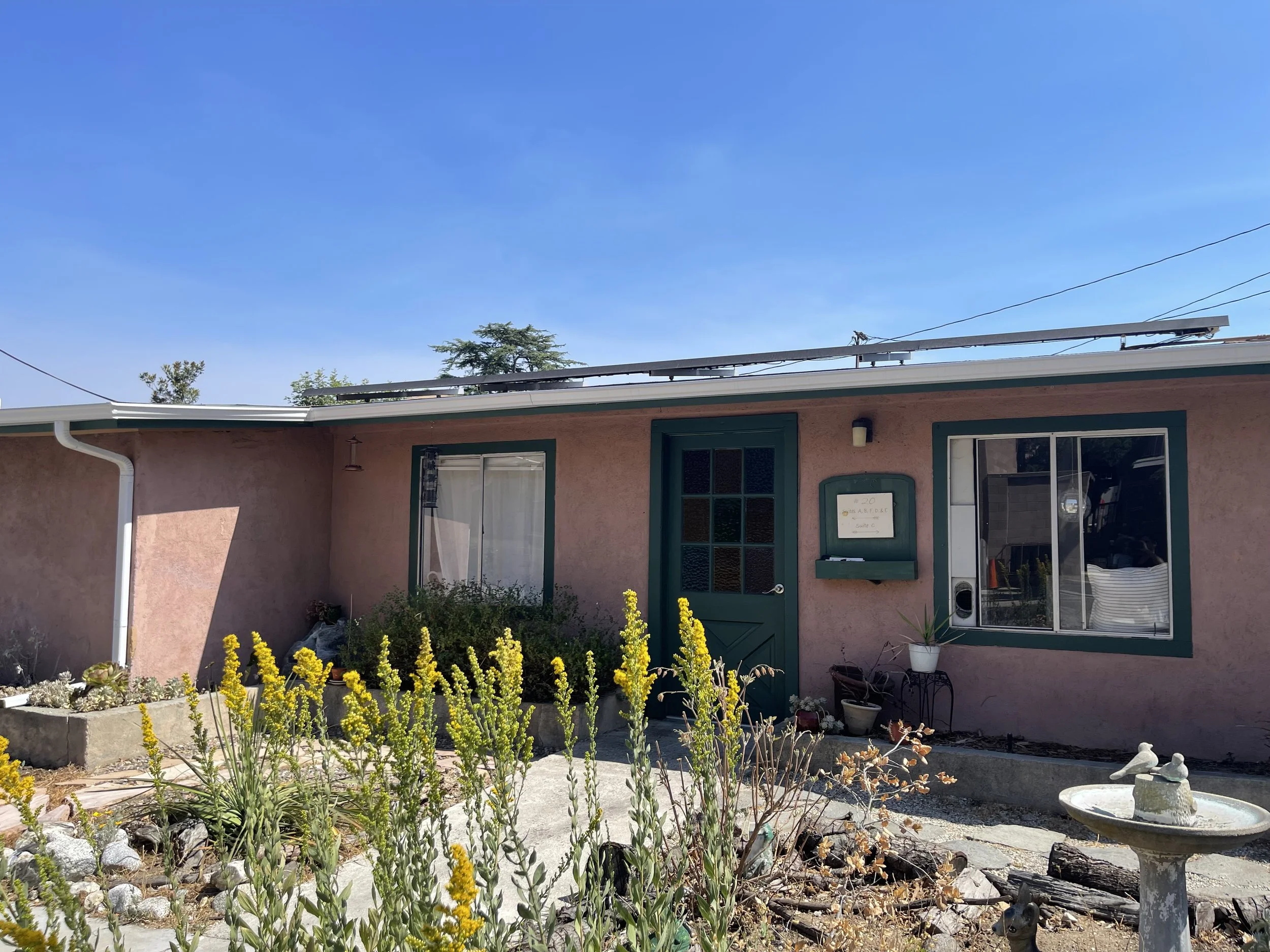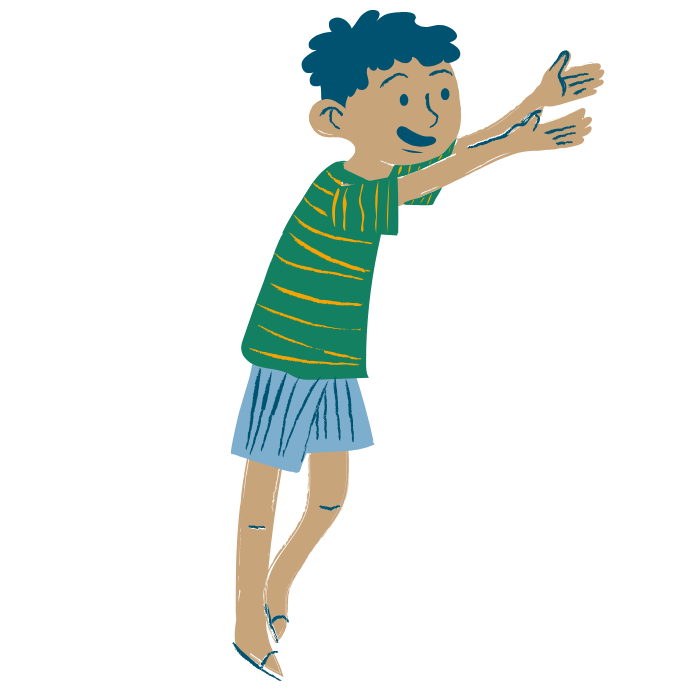CHRISTIAN PLAY THERAPY
Less worry, more wonder.
Helping kids heal through play—with grace for every step
For the big feelers, the “hard” ones and any parent is who is overwhelmed in it all
In-Person Play Therapy for Toddlers to Tweens
Office Based in Sierra Madre
Faith- Filled
Play Based
Neurorelational
Faith- Filled Play Based Neurorelational
Parenting is hard enough—watching your child struggle makes it even heavier.
You’re not alone in this
Play therapy can help your child (and you) find calm—no shame, just healing.
Where Play Meets Understanding
Supporting Your Child’s Natural Healing Journey
When your child struggles with big emotions and behaviors, play therapy offers them the natural language they need to heal - through toys, movement, and creativity.
No forced talk. No labels. Just the safe space they need to find their way back to joy.
What this means for your child:
-
Your child doesn’t need to perform, sit still or “explain” their feelings like an adult would. Instead, they’ll speak through:
Dolls/action figures (recreating real-life scenarios to process tough moments).
Sand trays & art (shaping emotions they can’t yet name).
Movement & pretend play (practicing power when life feels out of control).
Example: A child who’s anxious about school might repeatedly “rescue” toy animals—rehearing bravery in their own way.
-
A judgment-free zone where big feelings are met with patience, not fixes.
The playroom isn’t about “good” or “bad” behavior. It’s where:
Meltdowns aren’t shut down—they’re understood.
A child who slams toys isn’t “acting out” but working through something hard.
Your child learns, “I’m accepted exactly as I am right now.”
-
Healing isn’t linear.
Small, organic shifts you might notice:
Small shifts first: More eye contact, a new willingness to try things, recognize their feelings
Deeper changes later: Fewer tantrums, or finally talking about that “scary thing.” Example: An anxious child might ignore the toy doctor kit for weeks—then one day, “heal” a stuffed animal’s “owies” on their own terms.
-
You’ll get:
Gentle insights to understand what’s beneath the behavior: “When they build tall towers just to knock them down, it’s often about testing control.”
Practical tools: How to respond when they’re flooded with feelings.
Support without shame: Parenting a child is hard. You deserve a guide too.
Every child’s healing looks different.
Let’s explore what it could look like for yours.
Play Therapy for Big Feelings & Tough Moments
Helping kids find calm—and worn-out parents find hope
Common reasons parents bring their child to play therapy:
-
When anxiety shows up in your child—through fears, tummy aches, bedtime struggles, or big behaviors—play therapy offers them a safe language to heal.
In the playroom, your child leads the way. Through toys, stories, and movement, they’ll:
Express worries without having to find the "right" words
Practice bravery in small, playful steps (like sending a stuffed animal to "school")
Release tension through sensory play and laughter—nature’s reset button
Rebuild security when separation or change feels scary
You’ll learn how to:
Spot anxiety’s hidden cues (even when they say "I’m fine")
Respond in ways that build confidence, not dependence
Honor their feelings while gently expanding their comfort zone
This isn’t about "fixing" your child. It’s about giving them—and you—tools to face worries with more calm and connection.
Let’s help your child find their voice—and their courage.
-
When social situations feel overwhelming—whether it’s school, birthday parties, or even family gatherings—your child isn’t being “difficult.” They’re trying to navigate a world that doesn’t yet feel safe to them.
In play therapy, we create a space where your child can:
Practice interactions through dolls, puppets, and role-play—no pressure, just play.
Build confidence in tiny steps (like “high-fiving” a stuffed animal first).
Express fears they can’t yet put into words (e.g., “That toy is too shy to join the circle”).
Reset after meltdowns with sensory play that calms their nervous system.
You’ll learn how to:
Spot the hidden triggers behind their resistance (it’s rarely just “shyness”).
Respond in ways that build trust, not frustration.
Advocate for them without reinforcing avoidance.
This isn’t about forcing them to “perform” socially. It’s about helping them find their own way to connect—at their pace, in their language.
A child who feels safe in the playroom starts to believe safety is possible elsewhere too.
Let’s help your child take their first small steps toward the world.
-
Whether your child has faced a single traumatic event or ongoing relational stress, their nervous system holds what words can’t yet say. Play therapy helps them:
For Big "T" Traumas (accidents, loss, violence, natural disasters):
Replay to repair: Safely revisit events through toys/sand trays to process fear
Rebuild safety: Regulate survival responses (fight/flight/freeze) through rhythm and sensory play
Restore agency: "Rewrite" endings (e.g., a superhero doll saving others)
For Little "t" Traumas (divorce, chronic stress, emotional neglect):
Name the unnamed: Use art/stories to express relational hurts ("This puppet feels invisible")
Practice secure connection: Therapist models attunement through play ("I see how hard that was")
Internalize worth: Replace shame with self-advocacy skills
All trauma work here:
✓ Child-led pace – No forced remembering
✓ Body-aware – Releases trauma through movement/sound
✓ Family-informed – You’ll learn trauma-responsive parenting"Trauma disconnects; play reconnects. Not to the past, but to their own resilient self."
Your child’s story isn’t over yet. Let’s help them turn the page.
-
Parenting a child who struggles with anxiety, social challenges, or past hurts can feel like walking a tightrope. You want to be their calm guide, but sometimes your own worries, frustrations, or childhood experiences color your responses. This isn't about perfection—it's about progress.
How We Can Work Together:
As Needed: Occasional sessions to align with your child's play therapy goals (e.g., handling school refusal, social meltdowns)
For Deeper Support: Regular coaching to explore:
How your own emotional responses impact your child's anxiety or social confidence
Why certain behaviors trigger your stress reactions
Ways to break unhelpful cycles while keeping your unique parenting voice
You'll Gain:
✓ "Behavior Decoder" Skills – Seeing the needs beneath the actions (anxiety ≠ defiance)
✓ Co-Regulation Tools – Staying grounded so you can anchor your child
✓ Connection Strategies – What to say when they feel left out or overwhelmed
✓ Generational Awareness – Noticing patterns without being bound by them"When parents grow, children flourish—not because you become perfect, but because you become present."
Flexible Support Options:
→ Child-Focused: Occasional sessions to reinforce play therapy work
→ Parent-Centered: Consistent space to explore your own growth edgesBecause supporting your child starts with supporting you.
Let healing begin in the language
they speak best: play
Helping your child bloom
is as easy as 1-2-Play!
1
Phone Chat
This is your chance to share concerns and ask questions. We’ll listen without judgment and explore if play therapy could help – because you know your child best.
2
Playroom
In this safe space filled with toys and creativity, your child leads the way. There’s no pressure to perform – just freedom to express themselves however feels right.
3
Possibilites
You’ll start noticing small but powerful changes – in how they play, cope with big feelings, and connect with you. Healing happens at their pace, in their way.

Office Located in Sierra Madre
Frequently Asked
Questions
-
Yes, I am currently accepting new clients and can offer appointments with minimal wait times thanks to recently opened appointment slots.
-
I provide appointments Monday through Saturday, offering early morning to early evening slots. On Saturdays, I have morning availability. This flexible schedule allows me to accommodate the schedules of teens, parents, working adults, and everyone in between.
-
I am an out-of-network (OON) provider and can provide a SuperBill for you to submit for possible reimbursement.
I recommend contacting your insurance provider to check your OON mental health coverage.
Feel free to reach out with any questions—I’m happy to help understand your benefits and see how we can get your appointments covered!
-
My fee for a 50-minute session is currently $185 (virtual), $210 (in-person) and for Family/Couples sessions, it is $200 (virtual)/ $225 (in-person). Please note that rates are subject to change.
-
Firstly, I'm genuinely excited that you're taking this important step for yourself—great things are on the horizon. During our first session, my priority is getting to know you and understanding your goals. I'll ask questions to learn more about you, and if you're feeling nervous or anxious, please don't hesitate to let me know. I'm here to support you every step of the way.
Guide Your Child Through Big Emotions with Confidence & Love
Helping your child understand their big feelings is the first step toward healing anxiety, tough behaviors, and emotional challenges. I've created this simple, loving approach so you can start seeing real changes—starting today.
Fill out the form to get your free guide and begin empowering your child (and yourself!) with more peace and connection.














